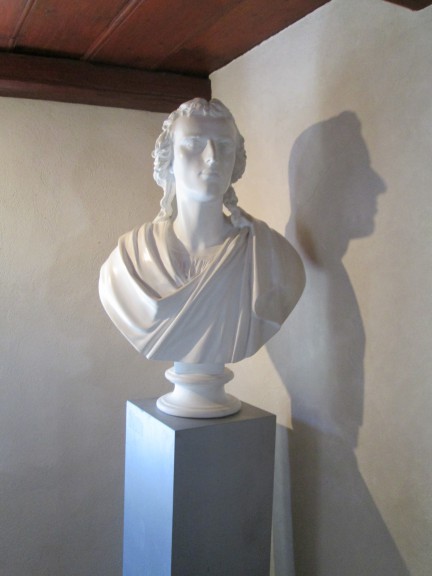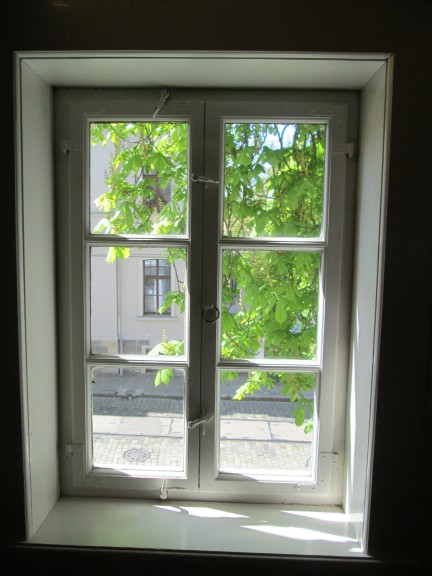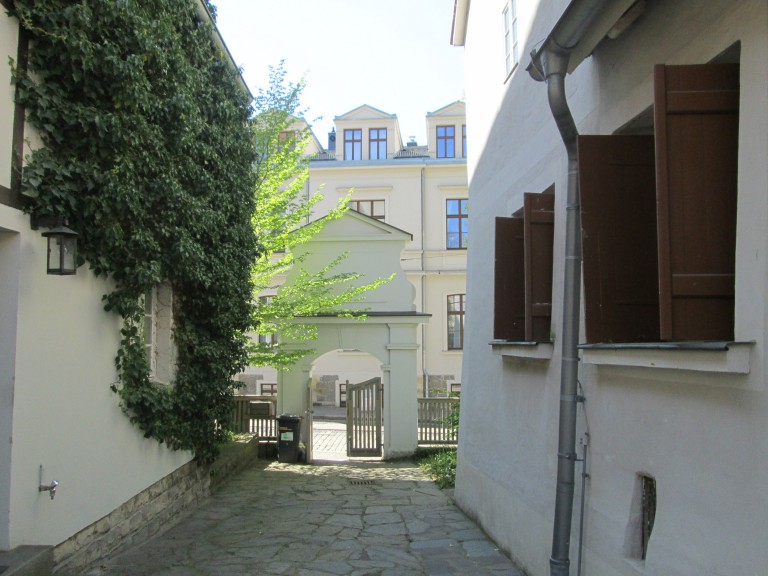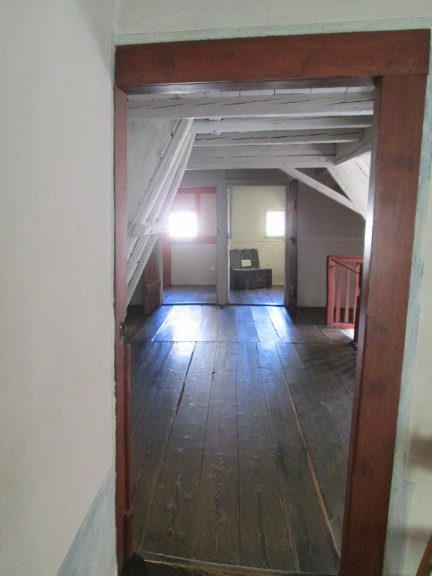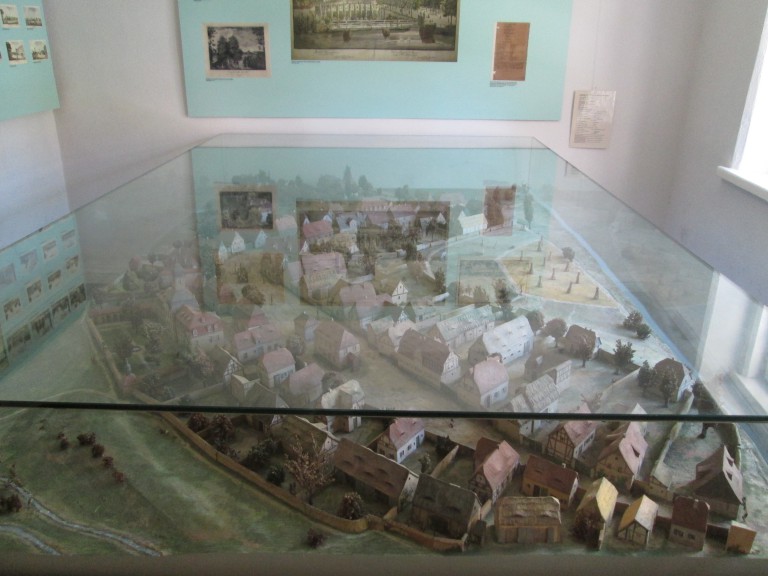If you have a basic knowledge of German like I do, you have probably heard the expression “Land der Dichter und Denker”, to describe Germany. It means the “country of poets and thinkers.”
Well, I don’t pretend to be either although I write verses and do the occasional thinking. But I found that it could be an apt introduction for my visit to the Schillerhaus in Leipzig where the poet, writer and thinker Friedrich Schiller spent some time in a very humble abode and wrote part of his Ode to Joy, made famous by Beethoven in his 9th Symphony.
The Schillerhaus, today a museum, is one of the many sites you will be shown if you ride a tour bus in Leipzig. It is situated in the suburb of Gohlis, among many villas which were built later on, not far from the Gohlis Schlößchen, the little Rococo Palace.
As a child Schiller wanted to be a preacher, but studied medicine at his domineering father’s insistence. Despite constant illnesses, headaches, and stomach upsets, he wrote his final dissertation on the interrelationship between man’s spiritual and physical natures. At the same time he was also writing his first play, Die Räuber (The Robbers) which ranks as one of the literary monuments of the German Sturm und Drang (Storm and Stress) period.
Though appointed doctor in 1780, he continued to work on Die Räuber and it was published in 1781 and staged in 1782. His father forbade him to write anything else, but he finally got the courage to follow his heart and in September of the same year, at the risk of being considered a deserter, he abandoned his position as army doctor. He took refuge in various German cities and at a certain point came to Leipzig where he spent the summer and autumn of 1785 in the aforementioned small house.
Schiller was not only a brilliant author, but a remarkable philosopher as well. After 1790 he became very interested in the writings of Kant. Perhaps it was his own personal history that led him to focus on “freedom and art.” If anyone knew the prison rejecting one’s art could bring, it was him. He strove to explain the joy of the aesthetically pleasing experience, be it in art, music or otherwise. In fact, for him this pleasure had replaced religion and his discourse on it was akin to sermons.
Reading Peter Watson’s book The German Genius (Simon & Schuster, 2010) I stumbled upon this interesting information which I think will appeal to all Leipzig fans and will complement this piece on Schiller’s short stay in the city:
By 1800 there were nine lending libraries in Leipzig, ten in Bremen and eighteen in Frankfurt-am-Main. Jürgen Habermas tells us that, by the end of the 18th century, there were 270 reading societies in Germany and some described a new illness, Lesesucht, or “reading addiction”. Literacy rates in Prussia and Saxony in the early 19th century were unmatched anywhere except New England.
Since the majority of Schiller’s important works were written during the 1790s, this could explain why he is still so popular in Germany today. I also think many agree with his love of nature and off-grid mentality. Perhaps it’s time we all had another or a first look.
maeshelle west-davies contributed to this report.
In the society, where people are just parts in a larger machine, individuals are unable to develop fully.
Johann Christoph Friedrich von Schiller

